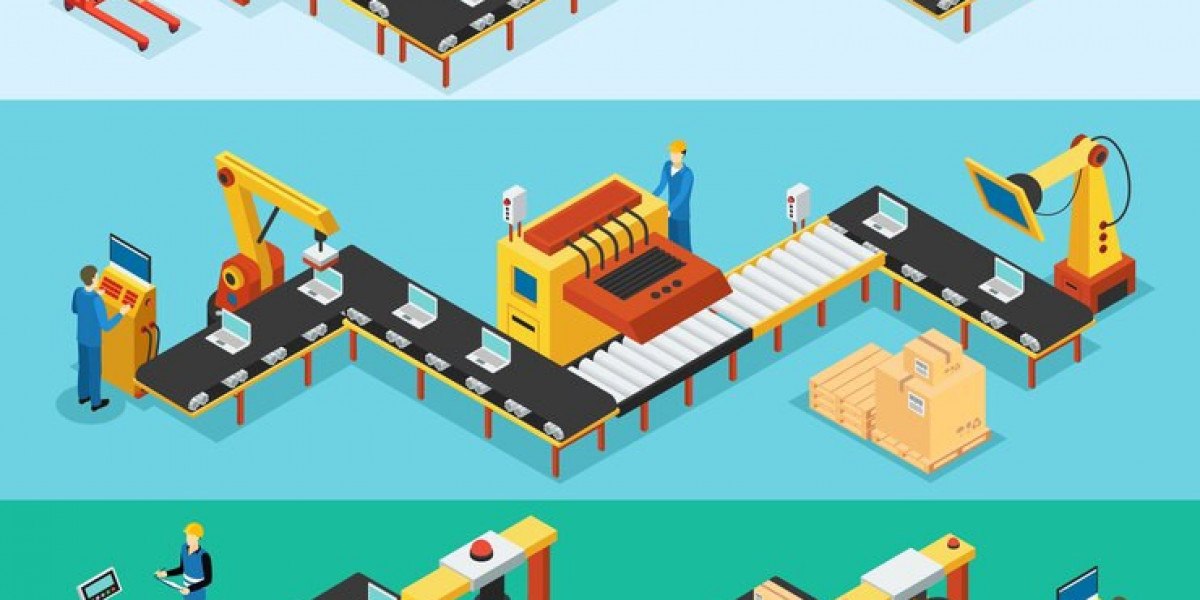What is AI Recruiting Software?
AI Recruiting Software is a technology that uses AI and ML to streamline recruitment by automating tasks like candidate screening, resume parsing, and interview scheduling. These tools help recruiters save time and improve the accuracy of hiring decisions by analyzing data and making recommendations based on patterns and predictive analytics.
How AI Recruiting Software Works
1. Automated Resume Screening
One of the key features of AI recruiting software is its ability to scan and evaluate resumes automatically. By analyzing keywords, qualifications, and experiences, AI tools filter out unqualified applicants and highlight the best matches for the job. This cuts down the manual effort required by recruiters.
2. Sourcing Candidates Across Platforms
AI Recruitment Software can search for potential candidates across various platforms such as job boards, social media, and professional networking sites. This broad search capability allows companies to find both active job seekers and passive candidates who may not be applying but are a great fit for the role.
3. Automating Interview Scheduling
Coordinating interviews can be time-consuming, but AI simplifies this process by handling scheduling tasks automatically. AI tools can send invitations, manage cancellations or rescheduling, and sync interview times between candidates and recruiters, reducing administrative work.
4. Predictive Analytics for Candidate Performance
AI recruiting software uses predictive analytics to assess a candidate’s potential for success in a particular role. By analyzing data from past hires, AI tools can predict the likelihood of a candidate excelling in a given position, helping recruiters make more informed decisions.
5. Candidate Assessments
In addition to screening resumes, AI tools can provide assessments that measure skills, cognitive abilities, and even personality traits. These assessments give recruiters a fuller picture of each candidate’s potential beyond what’s listed on their resumes.
Benefits of AI Recruiting Software
1. Increased Efficiency
AI recruiting software significantly reduces the time it takes to find and hire candidates by automating time-consuming tasks like resume screening and interview scheduling. This allows recruiters to focus on higher-level strategic work, improving overall efficiency.
2. Reducing Unconscious Bias
AI recruiting tools can help reduce bias in the hiring process by focusing solely on data such as qualifications, experience, and skills. However, it’s crucial that these tools are trained on diverse and unbiased data to ensure fairness in candidate selection.
3. Improved Candidate Experience
Candidates appreciate quick and clear communication during the hiring process. AI tools enable faster responses, automatic updates, and streamlined scheduling, providing a more positive and professional experience for applicants.
4. Data-Driven Hiring Decisions
AI recruiting software provides valuable data and insights that allow recruiters to make informed decisions. By analyzing historical data, AI tools can identify trends and recommend candidates who are more likely to succeed, improving the quality of hires.
5. Scalability for High-Volume Hiring
For organizations that handle large-scale hiring, AI recruiting software is a game changer. It can process hundreds or even thousands of applications efficiently, ensuring that every qualified candidate is considered, regardless of the volume of applicants.
Challenges of AI Recruiting Software
1. Data Privacy Concerns
AI recruiting software collects and processes personal data, raising concerns about privacy. Companies must comply with data protection laws, such as GDPR, to ensure that candidate information is secure and handled ethically.
2. Algorithmic Bias
While AI can reduce human bias, it can also introduce algorithmic bias if the data used to train the AI contains existing biases. This issue highlights the need for careful monitoring of AI systems to ensure fairness and equity in hiring.
3. Cost of Implementation
The initial setup and integration of AI recruiting software can be expensive, particularly for smaller businesses. However, many providers offer flexible pricing plans that allow organizations to scale their use of AI tools based on their needs.
Top AI Recruiting Software Solutions
Several AI-driven recruiting platforms have become popular for their ability to streamline hiring processes:
- HireVue: Specializes in AI-powered video interviews and assessments that evaluate candidates’ responses and body language to gauge their fit for a role.
- Pymetrics: Uses neuroscience-based games to assess candidates’ cognitive and emotional traits, matching them to roles where they’re most likely to succeed.
- Greenhouse: Offers an AI-powered platform that automates resume screening, interview scheduling, and provides detailed analytics on candidate performance.
The Future of AI in Recruiting
As AI technology continues to evolve, its influence on recruiting will grow even more. Future AI tools are likely to offer more personalized candidate experiences and even deeper analytics, helping companies make even more data-driven hiring decisions. Additionally, AI could play a bigger role in promoting diversity by identifying and eliminating biases in job descriptions and hiring criteria.
AI will also become more advanced in assessing candidates’ soft skills, cultural fit, and adaptability. As the technology becomes more widespread, companies will rely on AI recruiting software not only for hiring but also for internal talent management and career development.
Conclusion
AI recruiting software is revolutionizing the hiring process by automating tasks, reducing bias, and providing valuable insights into candidate performance. Although challenges like data privacy and algorithmic bias remain, the benefits of AI in recruitment—such as increased efficiency and improved candidate experience—are significant. As AI continues to evolve, it will play an even bigger role in shaping the future of talent acquisition, helping companies find, assess, and hire top talent more effectively.
FAQs
What is AI recruiting software?
AI recruiting software is a tool that uses artificial intelligence and machine learning to automate tasks such as resume screening, candidate sourcing, and interview scheduling, improving the efficiency of the hiring process.How does AI help reduce hiring bias?
AI reduces bias by making hiring decisions based on data rather than subjective human judgment. However, it is crucial to ensure that the data used to train AI models is free of biases.Is AI recruiting software affordable for small businesses?
AI recruiting software can be costly to implement, but many providers offer scalable solutions, making it more affordable for businesses of various sizes.How does AI improve the candidate experience?
AI improves the candidate experience by automating communication and scheduling, which provides quicker responses and ensures smoother interactions throughout the hiring process.What are some leading AI recruiting tools?
Popular AI recruiting tools include HireVue for video interviews, Pymetrics for behavioral assessments, and Greenhouse for automating various recruitment tasks.









